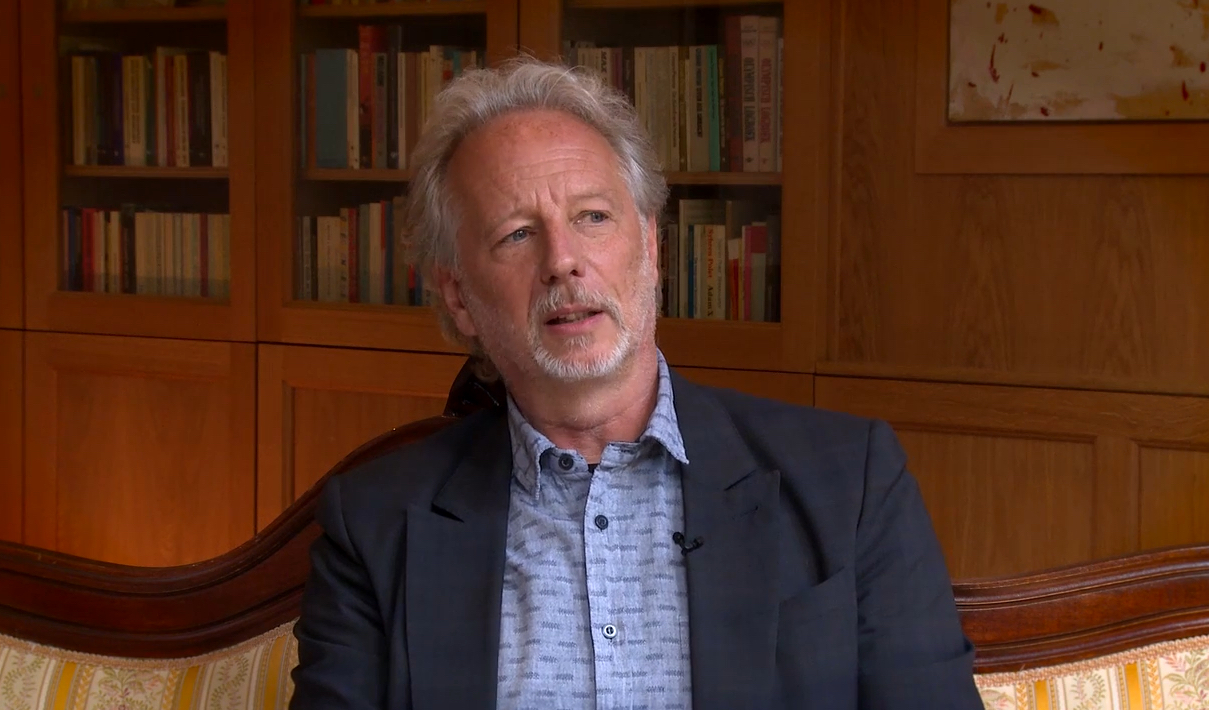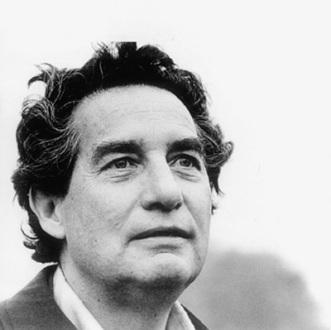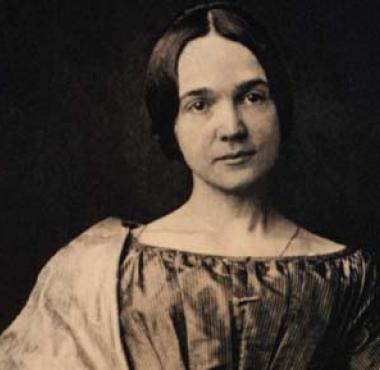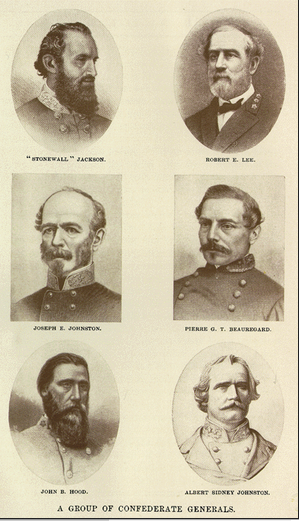
Stefan Hertmans (born March 31, 1951) Belgian (Flanders) novelist, poet - Dius (2024)
Read more about Stefan Hertmans here
Read about Stefan Hertmans' 2019 novel The Convert here
Read about Stefan Hertmans' 2024 novel Dius here
Hertmans describes his novel War and Turpentine
 here
here
The authors Stefan Hertmans and Drago Jančar discuss their writing here

Octavio Paz (born March 31, 1914) Mexican poet, Nobel Prize in Literature (1990)
Read about Octavio Paz here
Read the 1991 Paris Review article about Octavio Paz
The years I lived in San Francisco, New York, and Paris were a period of gestation. I was reborn, and the man who came back to Mexico at the end of 1952 was a different poet, a different writer. If I had stayed in Mexico, I probably would have drowned in journalism, bureaucracy, or alcohol. I ran away from that world and also, perhaps, from myself.
With Eyes Closed
With eyes closed
you light up within
you are blind stone
Night after night I carve you
with eyes closed
you are frank stone
We have become enormous
just knowing each other
with eyes closed.
Listen to Mi Casa, Mi Gente, Mi Tierra by Octavio Paz
Read "Mi Casa, Mi Gente, Mi Tierra..." here (Spanish language)

Mary Boykin Miller Chesnut (born March 31, 1823) U.S. Civil War diarist – A Diary from Dixie (1886)
Read a biography of Mary Chesnut here
Read A Diary from Dixie online
The plucky way in which our men keep up is beyond praise. There is no howling, and our poverty is made a matter of laughing. We deride our own penury. Of the country we try not to speak at all.
April 22d. - This yellow Confederate quire of paper, my journal, blotted by entries, has been buried three days with the silver sugar-dish, teapot, milk-jug, and a few spoons and forks that follow my fortunes as I wander. With these valuables was Hood's silver cup, which was partly crushed when he was wounded at Chickamauga.
It has been a wild three days, with aides galloping around with messages, Yankees hanging over us like a sword of Damocles. We have been in queer straits. We sat up at Mrs. Bedon's dressed, without once going to bed for forty-eight hours, and we were aweary.
Colonel Cadwallader Jones came with a despatch, a sealed secret despatch. It was for General Chesnut. I opened it. Lincoln, old Abe Lincoln, has been killed, murdered, and Seward wounded! Why? By whom? It is simply maddening, all this.
I sent off messenger after messenger for General Chesnut. I have not the faintest idea where he is, but I know this foul murder will bring upon us worse miseries. Mary Darby says, "But they murdered him themselves. No Confederates are in Washington." "But if they see fit to accuse us of instigating it?" "Who murdered him? Who knows?" "See if they don't take vengeance on us, now that we are ruined and can not repel them any longer."
The death of Lincoln I call a warning to tyrants. He will not be the last President put to death in the capital, though he is the first.
Photos of Civil War generals, an illustration from the 1905 edition of Mary Chesnut's A Diary from Dixie


René Descartes (born March 31, 1596) French philosopher – A Discourse on Method
Excerpt from A Discourse on Method
And although in reality Logic contains many precepts which are very true and very good, there are at the same time mingled with them so many others which are hurtful or superfluous, that it is almost as difficult to separate the two as to draw a Diana or a Minerva out of a block of marble which is not yet roughly hewn. …
This made me feel that some other Method must be found, which, comprising the advantages of the three, is yet exempt from their faults. And as a multiplicity of laws often furnishes excuses for evil-doing, and as a State is hence much better ruled when, having but very few laws, these are most strictly observed; so, instead of the great number of precepts of which Logic is composed, I believed that I should find the four which I shall state quite sufficient, provided that I adhered to a firm and constant resolve never on any single occasion to fail in their observance.
The first of these was to accept nothing as true which I did not clearly recognize to be so: that is to say, carefully to avoid precipitation and prejudice in judgments, and to accept in them nothing more than what was presented to my mind so clearly and distinctly that I could have no occasion to doubt it.
The second was to divide up each of the difficulties which I examined into as many parts as possible, and as seemed requisite in order that it might be resolved in the best manner possible.
The third was to carry on my reflections in due order, commencing with objects that were the most simple and easy to understand, in order to rise little by little, or by degrees, to knowledge of the most complex, assuming an order, even if a fictitious one, among those which do not follow a natural sequence relatively to one another.
The last was in all cases to make enumerations so complete and reviews so general that I should be certain of having omitted nothing.